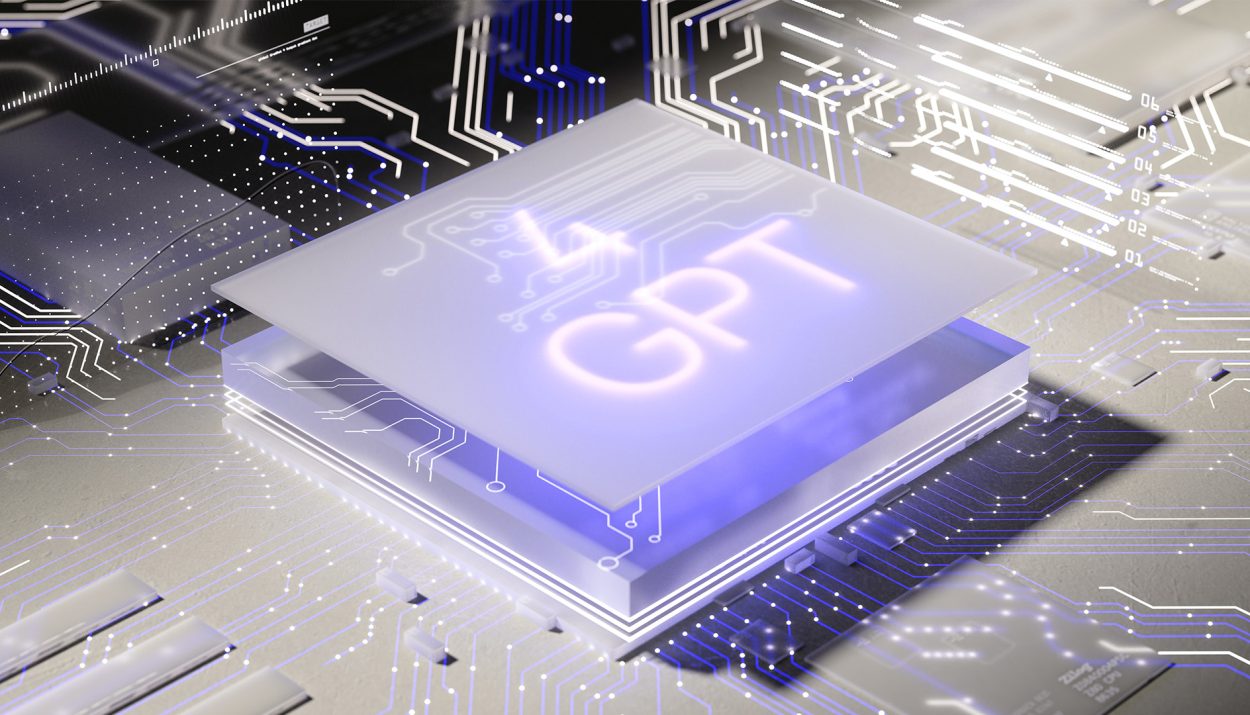Artificial intelligence (AI) grows stronger and smarter with every ounce of data it consumes. While this bodes well for businesses looking to increase efficiency and reduce overhead, it’s also putting millions of employees at risk of losing their jobs. Below, we’ll take a look at the 10 careers with the most to lose in the ever-evolving age of automation.
10. Telemarketers and Telesales Representatives
Business owners aren’t giving up on telemarketing – it’s still a valuable asset to their company’s ongoing sales efforts – but they are giving up on human telemarketers. What was once an integral position in any well-run company is now being automated at an all-time rate – with no signs of stopping anytime soon.

Now, we’re not saying telemarketers are bad at their jobs – that’s not it, at all. The problem is a majority of the skills required for telemarketing fall right into AI’s specialty. In other words, AI is simply better, more accurate, and more results-driven than most human telemarketers – and that’s why businesses are replacing them.
9. Data Entry Specialists
Data entry specialists are known for working fast and minimizing errors, but can they do this better than artificial intelligence? Unfortunately, the answer to that question is no – and many data entry clerks are losing their jobs as a result.

It makes sense when you think about it. No matter how talented and experienced data entry clerks are, they still run the risk of human error and have a limit to how much work they can handle – both of which aren’t problems with AI. Advancements in optical character recognition (OCR) and natural language processing (NLP) technologies are also improving accuracy.
8. Bookkeepers and Accountants
All businesses need an accounting department, right? While true, many business owners today are ditching human bookkeepers in lieu of AI-driven software with accounting capabilities – all in an effort to make better, smarter, and quicker financial decisions. Unfortunately for humans, AI is proving its worth, and businesses aren’t interested in turning back.

Just look at all the things AI is doing with today’s technology. Processing invoices, recording and storing receipts, managing payroll, categorizing expenses, and creating financial reports – the list goes on. Better yet, business owners are taking all the time, money, energy, and effort spent on human bookkeepers, and reinvesting back into other departments.
7. Receptionists and Secretaries
Receptionists and secretaries were once some of the most in-demand jobs in the world. They were the faces of the company – the first person potential customers spoke to after walking through the front door. With the emergence of AI, receptionists are quickly being run out of the building – at no fault of their own.

Companies now use artificial intelligence to answer telephone calls, respond to emails, check members or customers in, and greet guests upon arrival. Complex AI software can even hold conversations with customers – asking them what they need and how they can help them. Doing business is looking more different by the day!
6. Proofreaders and Editors
AI-generated content is one thing, but can AI really proofread and edit content originally written by humans? Yes, it can! In fact, most writers today use AI software to detect and correct errors, typos, grammar and punctuation mistakes, and areas of improvement in their writing – essentially eliminating the need for human editors and proofreaders.

Now that AI editing software is adapting to various audiences, purposes, industries, formalities, and styles, writers are getting even more use out of it. Gone are the days of sending your work off to an editor – AI is doing it in the background, in real time, while you work. By the time you finish writing, the editing is already complete!
5. Bank Tellers and Cashiers
How many people do you see walking up to a bank teller to withdraw or deposit money? That’s right, we have ATMs for that! And with most banks integrating AI into their customer service department, bank tellers aren’t answering as many phone calls. It’s not a matter of ‘if’ AI replaces bank tellers, but more a matter of ‘when.’

The same logic applies to cashiers at restaurants, fast food chains, retail stores, and more. Now that touchscreen displays are taking orders, scanning items, accepting payment, and printing receipts, the need for cashiers is almost obsolete – not to mention how much easier, quicker, and less frustrating it is for everyone involved.
4. Travel Agents and Advisors
Most of us have spoken to a travel agent before – they make planning a trip effortless and are always quick to share recommendations from personal experience. Unfortunately, your next conversation with a travel agent could be your last. The sudden rise of AI has many travel agencies reconsidering how they operate moving forward.

Not only can AI make recommendations, but it’s also helping travelers find the cheapest flights at the perfect times, and new technology is allowing it to automate the flight-booking process. While it can’t replicate the human-to-human connection in the back-to-forth, it’s more suitable and convenient for most people.
3. Factory Workers and Operators
Using artificial intelligence in factories and plants is nothing new – in fact, it’s already leading to extreme shortages of job opportunities at that level. With more companies opting for automation and AI continuing to evolve, it’s only a matter of time before factory workers and operators are out of the equation entirely – left in the dust.

Don’t worry. There will always be a need for professionals who can manage AI-powered factory equipment, but getting your hands dirty is becoming less and less important. Not only that, but robots operate 24/7 without breaks, complaints, and errors (for the most part) – good luck finding a human with those capabilities because they don’t exist!
2. Customer Service Representatives
The customer service industry is changing – in fact, it has been changing for a while. I mean, when was the last time you spoke to a human customer service representative? Even when it happens, it usually takes several chatbots to get there – and an even longer wait time than usual. We have AI to blame for that!

Using artificial intelligence for customer support is beneficial in more ways than one. It provides quick answers to frequently asked questions, handles multiple customers at once, and can even carry out basic tasks – such as making suggestions for certain products or services. In fact, most companies only use human customer support teams as a last resort.
1. Rideshare and Commercial Drivers
We’ve all seen those AI-powered, self-driving cars on social media, and we’ve all had the same thought while witnessing it for the first time – “Is this real life?” It’s not only real life, but the technology behind it is only getting better, and it won’t be long before it’s the new norm in our society.

Self-driving cars minimize transit time, reduce expenses, save fuel, and make life easier for business owners. Unfortunately, that means rideshare drivers, truck drivers, and other professional drivers are at risk of losing their jobs – and it could happen within the next decade.






